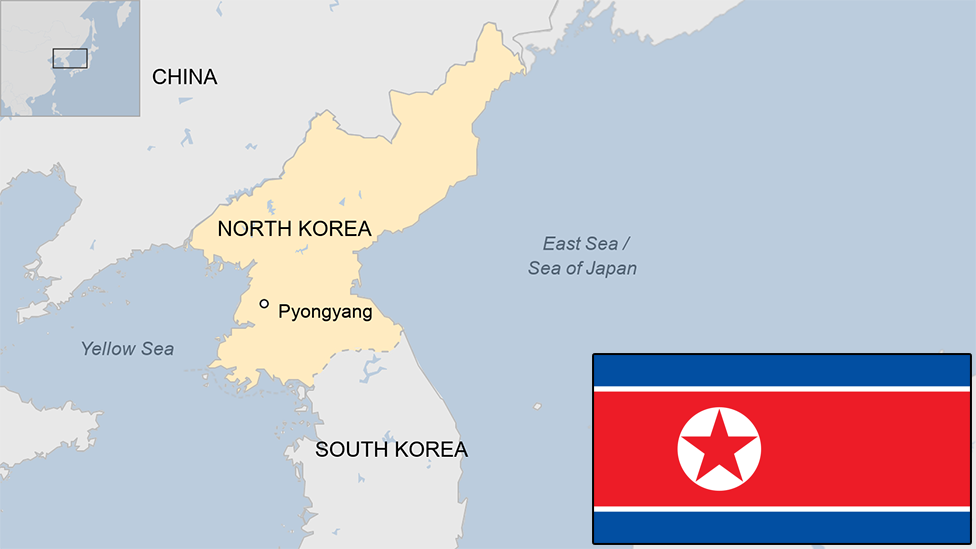North Korea's dramatic rhetoric and claims over its bomb test
- Published
Moment North Korean TV announces hydrogen bomb test
The rhetoric from the North Korean media, announcing the country had carried out an underground test of a hydrogen bomb, was spectacular:
"There took place a world startling event to be specially recorded in the national history spanning 5,000 years in the exciting period when all service personnel and people of the DPRK are making a giant stride, performing eye-catching miracles and exploits day by day."
That was the way the state news agency put it, which is very much in keeping with North Korea's traditionally aggressive and bombastic rhetoric when announcing its previous nuclear tests.
"The spectacular success made by the DPRK in the H-bomb test this time is a great deed of history, a historic event of the national significance as it surely guarantees the eternal future of the nation," the statement went on.
That North Korea is still living with its predictable 1950s post-Korean War world view, where the US is the prime aggressor, was made clear in these statements too:
"The DPRK is a genuine peace-loving state which has made all efforts to protect peace on the Korean Peninsula and security in the region from the US vicious nuclear war scenario.
"The US is a gang of cruel robbers which has worked hard to bring even a nuclear disaster to the DPRK."
Sovereignty and self-defence were the other key themes that emerged from North Korea's announcement.
"By succeeding in the H-bomb test in the most perfect manner to be specially recorded in history the DPRK proudly joined the advanced ranks of nuclear weapons states possessed of even H-bomb and the Korean people came to demonstrate the spirit of the dignified nation equipped with the most powerful nuclear deterrent."
The statement will be nothing new to Korea watchers, filled as it is with vituperative contempt. But despite the rhetoric, outside experts are sceptical about how much of a giant stride had been made.
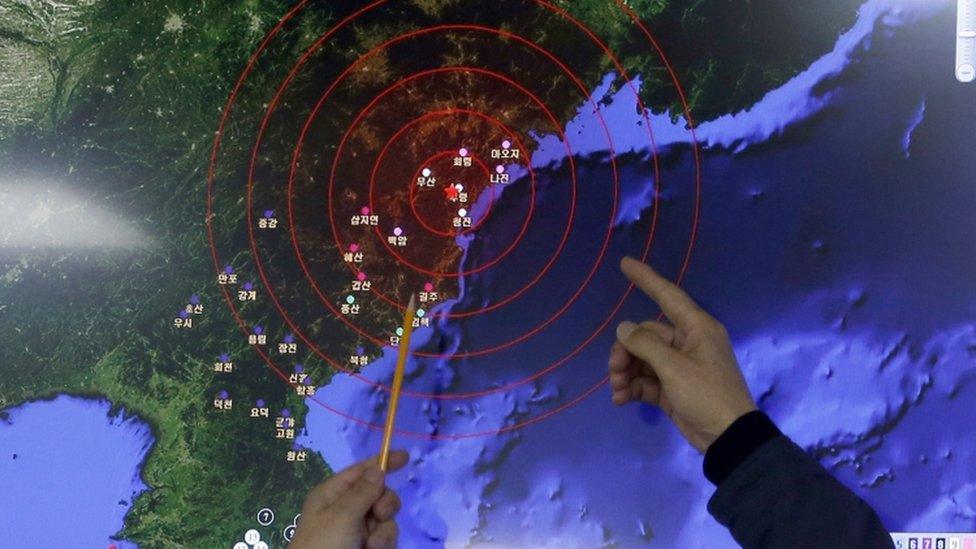
Seismologists picked up activity near a previous North Korean nuclear test site
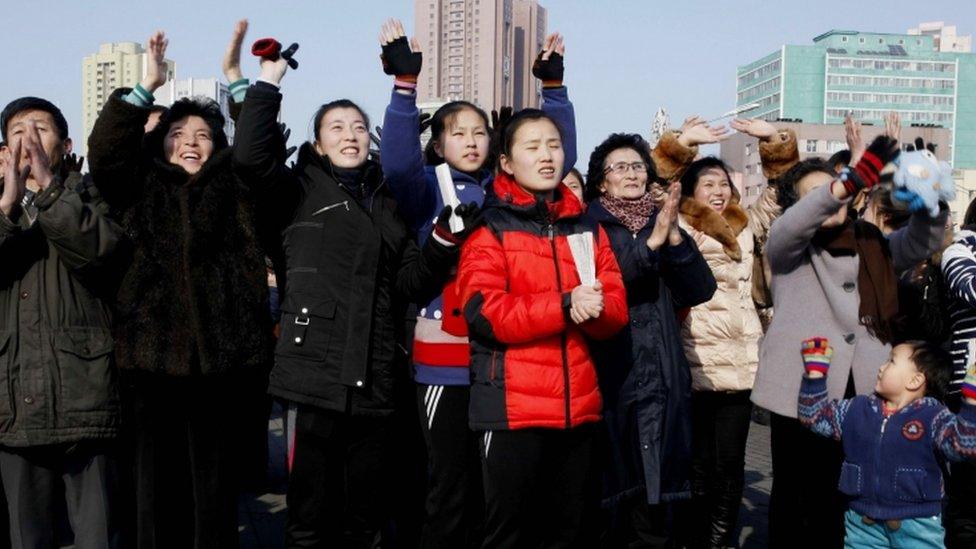
Crowds in Pyongyang cheered as news of the test was broadcast
There seems no doubt that a nuclear test was completed but the doubt was whether it was of a hydrogen device as claimed by Pyongyang. Some technical experts said the size of the explosion was not big enough for an H-bomb. The significance of using hydrogen rather than uranium or plutonium is that it permits a much bigger blast from a bomb of lighter weight, and that makes it easier to put a device on the top of a missile.
Before this fourth test, experts thought it would be some years before North Korea reached that full capability. If the new device is a hydrogen bomb, it would indicate that a step change in technology had taken place.
What is not in doubt is the determination of Pyongyang to go down the nuclear path despite widespread condemnation the last time it tested a device, in 2013. With the third test then, the UN Security Council met quickly and condemned North Korea. China participated in that condemnation.
China was unambiguous in its condemnation this time round too. "Against the international community," the foreign ministry said, "North Korea has carried out this nuclear test. China is firmly against that."
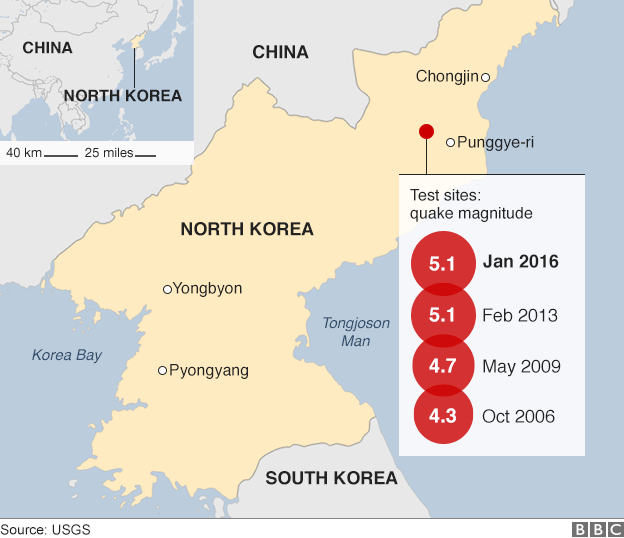
Chinese media are already saying that some people were evacuated from Chinese territory because of the force of the tremors with the explosion, and the area closest to the test site will be tested for radioactivity.
The bottom line for China, though, is that it does not want the collapse of the regime in Pyongyang if that left a chaotic vacuum to be filled by allies of the United States (or even US troops). As for the rest of the world, its leverage is also limited. Sanctions are already very tight around North Korea. The country is sealed, with virtually no trade.
North Korea has also been testing the firing of missiles from submarines, with limited success. It is not just the bomb which is important but also the means of delivery. If it did succeed in getting an H-bomb and missiles capable of carrying it from submarines, the whole calculus of deterrence would be altered. The flight time then, from launch to target, would be much shorter. The west coast of the United States would be vulnerable. That would necessitate much riskier second-guessing of intentions in Pyongyang.
- Published3 September 2017
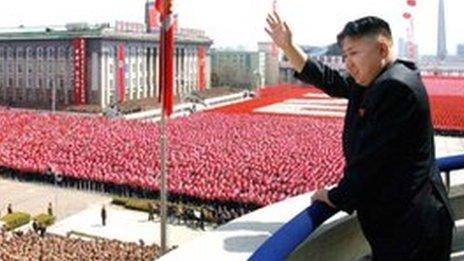
- Published15 September 2015
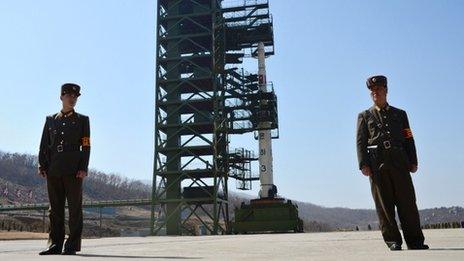
- Published6 January 2016
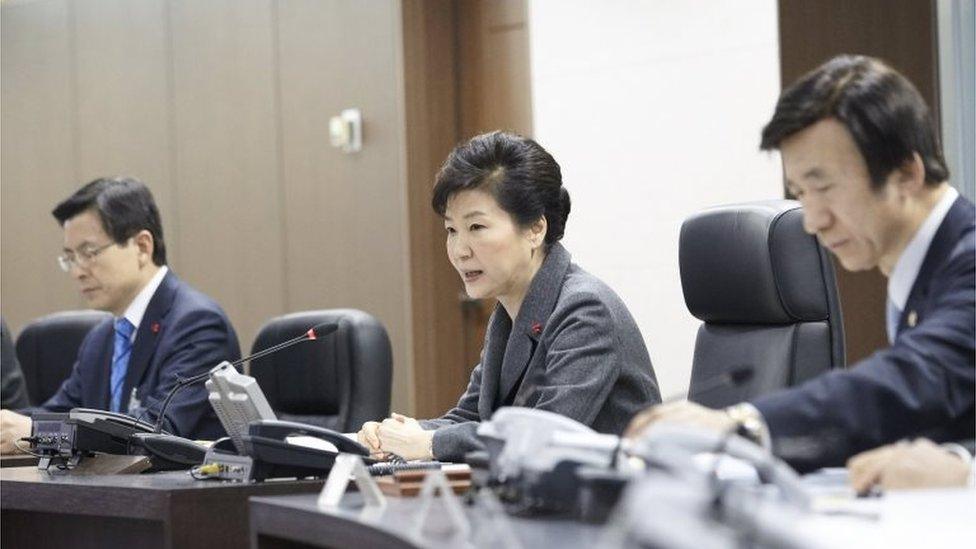
- Published10 August 2017
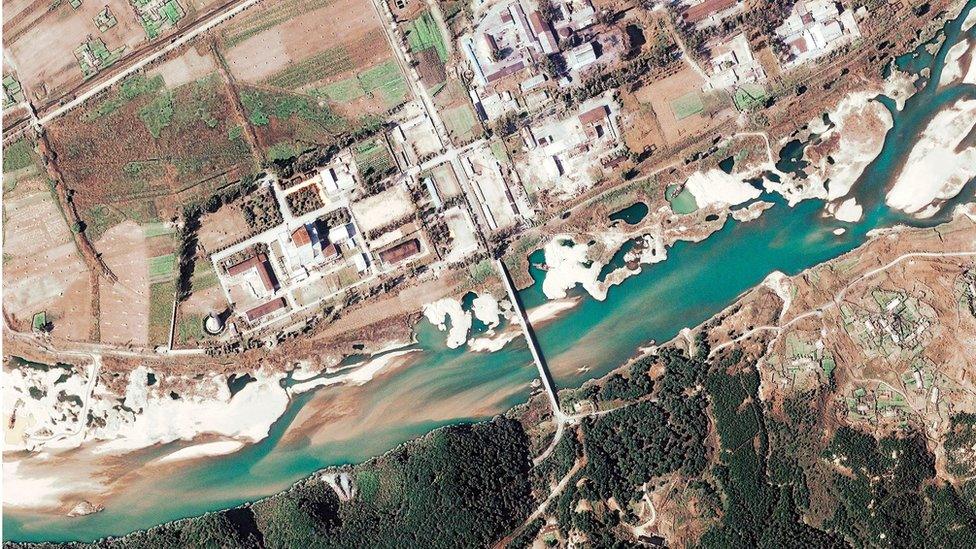
- Published19 July 2023
